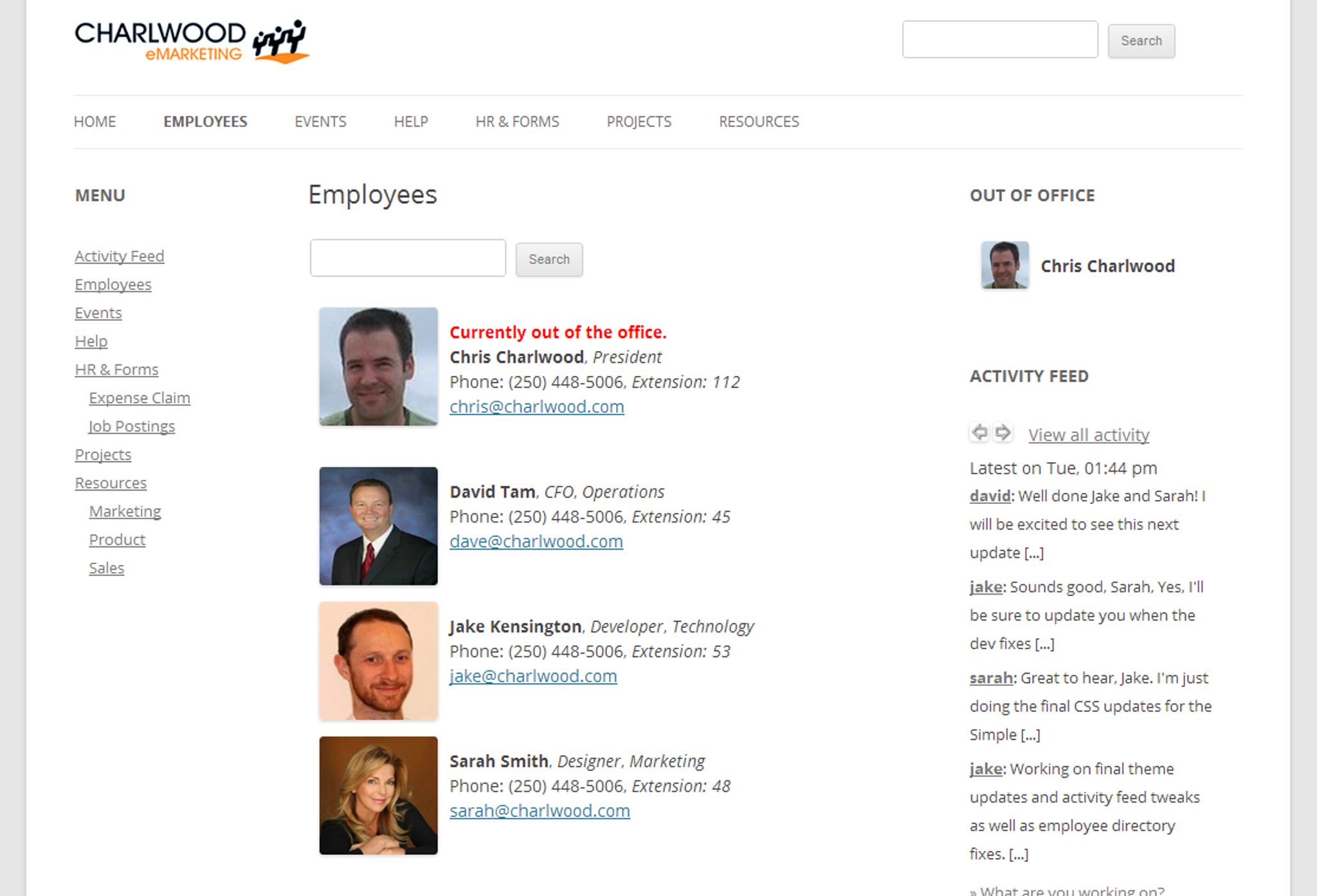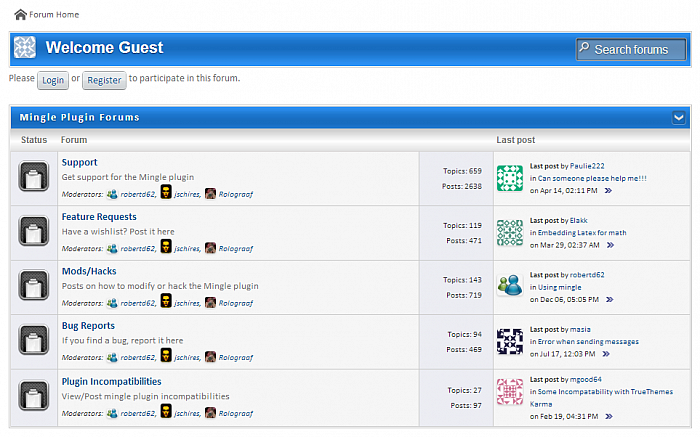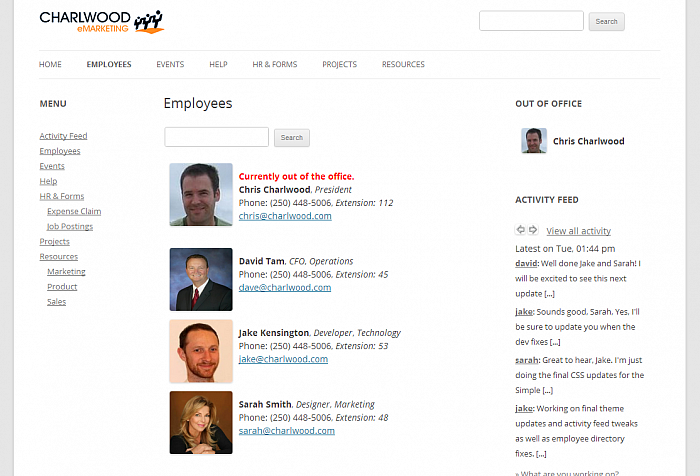WordPress: Jack of All Trades, Master of None?

By the end of May 2014, WordPress will be an 11 year old platform. And what a platform it is.
Out of all the websites across the world using content management systems, over 47% of them are using WordPress. No other platform even comes close, leaving WordPress to dominate the market.
Traditionally, WordPress has always been seen as a blogging platform. However, in recent years and months, WordPress has been evolving somewhat.
The evolution has been gradual, but as time passes, it only becomes more evident. The world of blogging is no longer its core concern. WordPress is seeing new people.
Pushy Plugins
Jack O'Nolan, founder of Ghost and former Deputy Head of the WordPress User Interface team, said it best:
“WordPress has grown up. It's not really about blogging any more. It's moved on to be about websites, content management and all sorts of other amazing things. WordPress, by all rights, is no longer just a blogging platform.”
But the questions is, in what way has WordPress moved on? After all, it's still a hugely popular option for people who simply want to create a blog.
The primary change has come about through plugins. WordPress Plugins have played a massive part in pushing WordPress beyond blogging and into new digital realms.
Third-party plugins like WooCommerce , WPMU Membership , Events Calendar Pro and many more, make it possible to use WordPress to offer things like shopping experiences, software as a service (SaaS), corporate communication, social networking and so forth.
Here are just a few examples of what I'm talking about.
WP Mingle

WP Mingle
One example of WordPress' many uses comes in the form of online forum software. Plugins like WP Mingle (and many other like it) enable you to set up and manage a fully functioning online discussion forum.
Simple Intranet

Simple Intranet
WordPress is also capable of hosting an Intranet. Simple Intranet is one plugin which lets you create a simple Intranet solution quickly and easily, giving WordPress a whole new dimension.
Also, TreeHouse recently put together a guide on how to create an Intranet through WordPress. It's not as easy as installing a plugin of course, but it works.
HelloBar

HelloBar
Perhaps the most interesting example is that of HelloBar. Dave Shepherd recently described how he and his team built, monetized and scaled HelloBar using, “the power of WordPress and the community around it.”
HelloBar is a prime example of how WordPress is indeed capable of being a SaaS application platform – which is quite exciting if you think about it.
One Size Fits All
Many of these Plugins – despite not being directly sanctioned or built by WordPress – have diluted the concentrated blogging experience which WordPress used to serve up. Instead, the platform is now a cocktail of functionality – and I don't think it's an accident either.
After all, Matt Mullenweg, the man behind WordPress, sees the platform's future accordingly:
“I see the future of WordPress as a web operating system.”
So, the pieces of the puzzle are now starting to make a little more sense. WordPress seems to be on track to become a “One-size-fits-all” web operating system.
I know what you're thinking. All of this evolving functionality – along with Matt Mullenweg's words – seem very bold. However, it's important to point out that as of right now, WordPress isn't the top dog in any of the niches it's expanding into.
Many dedicated social networking platforms, Intranets, and eCommerce solutions have all been honing their services for years, and it's going to take more than a few third-party WordPress plugins to truly thwart them all overnight.
Naturally though, there is nothing to indicate that WordPress can't conquer these services over time, but until it does, being the Jack of all trades is something which WordPress might have to get used to.
But What About the Blog?
WordPress may well be undergoing a plugin-driven evolution, but it hasn't impacted it's blogging capabilities. Not even a little bit.
The recent emergence of Ghost for example, has asked questions of WordPress. Ghost has branded itself as a platform which is just about blogging, and nothing else. They have opted for the purist approach, leaving WordPress bloggers to wonder just how focused their platform is on their area of expertise.

Ghost – Just a Blogging Platform
But let's be frank about this.
Sure, Ghost is all about the blog – and their approach is truly intriguing. However, WordPress was the blogging daddy this time last year, and when it comes to functionality, absolutely nothing has been removed or drastically changed.
In fact, you could even argue that third-party plugins like those mentioned above simply help to garnish what is already a stellar blogging platform. The more the merrier, some might say.
So, WordPress is indeed becoming the Jack of pretty much every other online trade going – but its mastery of the blog cannot yet be denied.
All in all, WordPress has long been the reigning champion of blogging platforms everywhere, and if competitors want a piece of the blogging pie, they will need to do more than simply point out WordPress' broadening horizons.